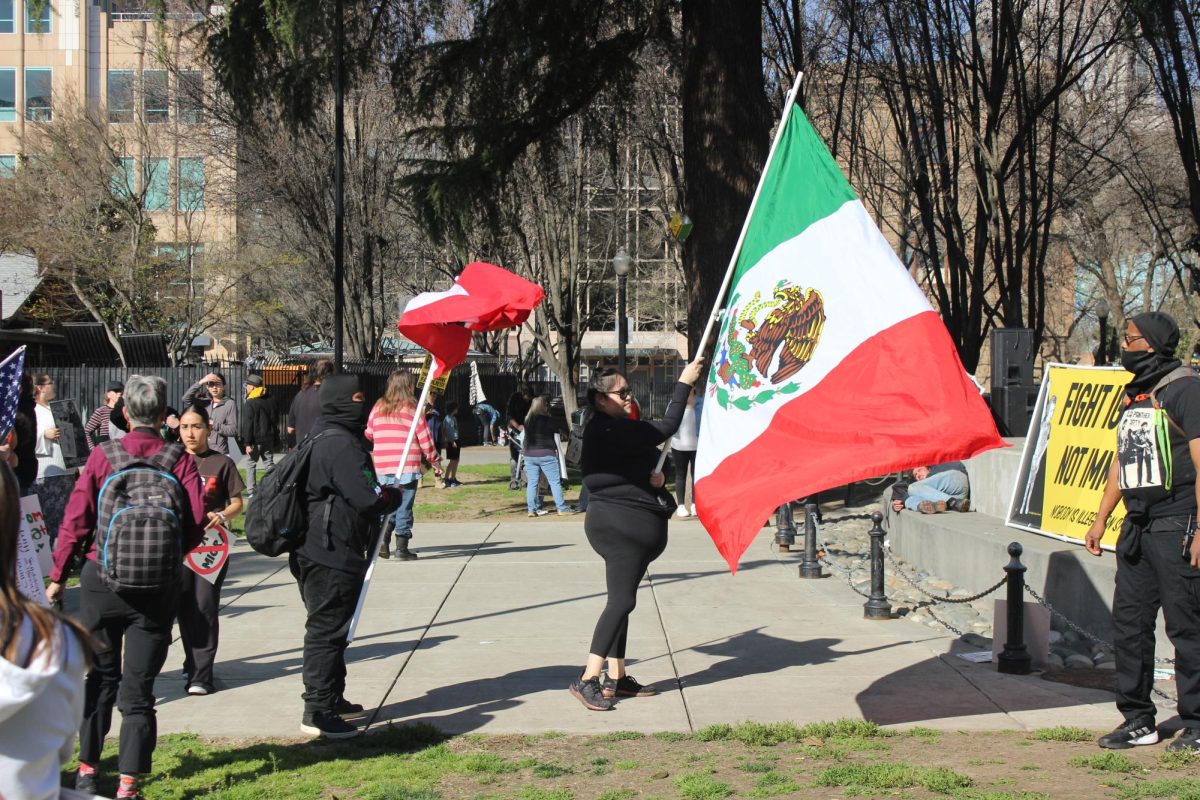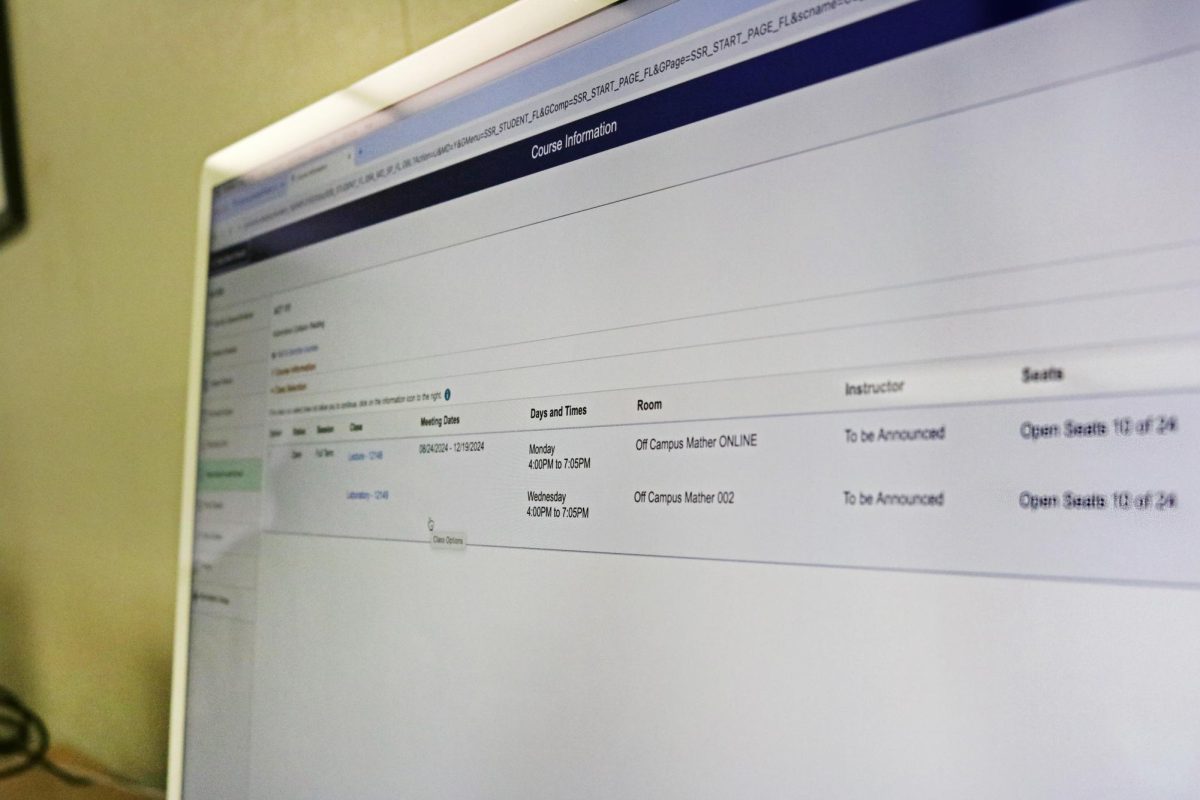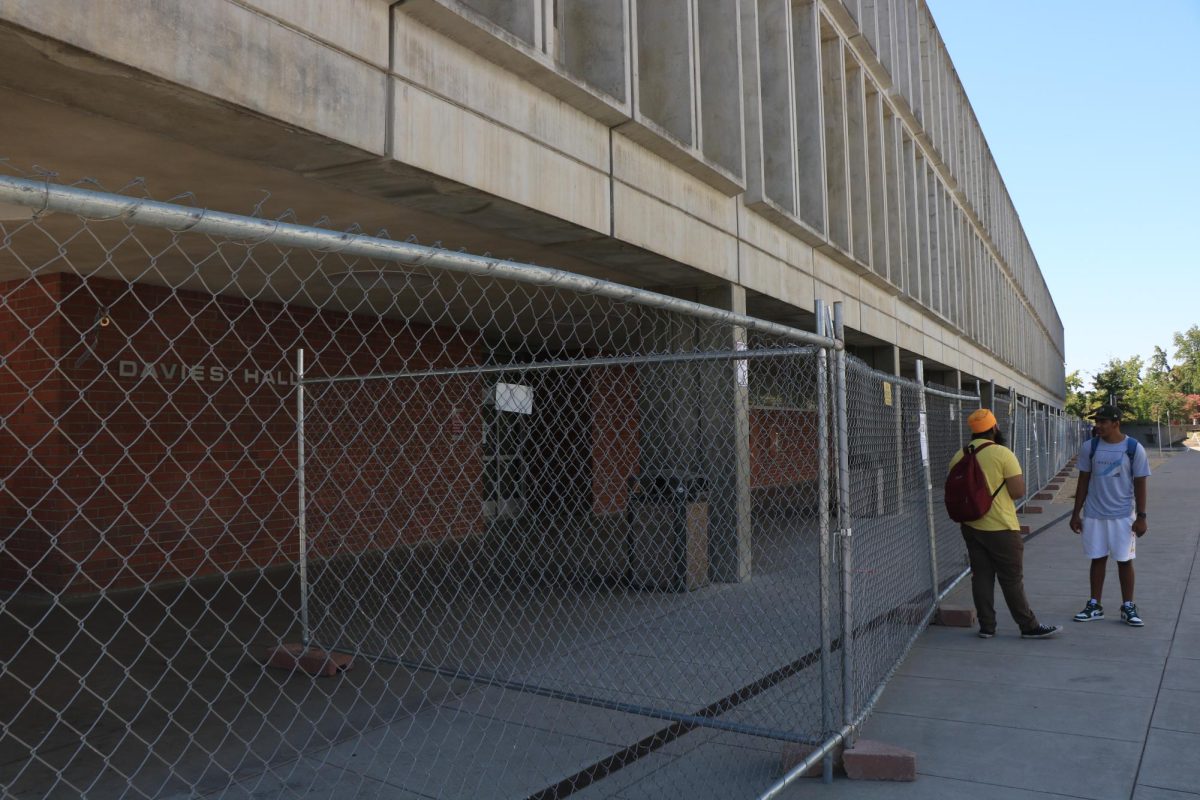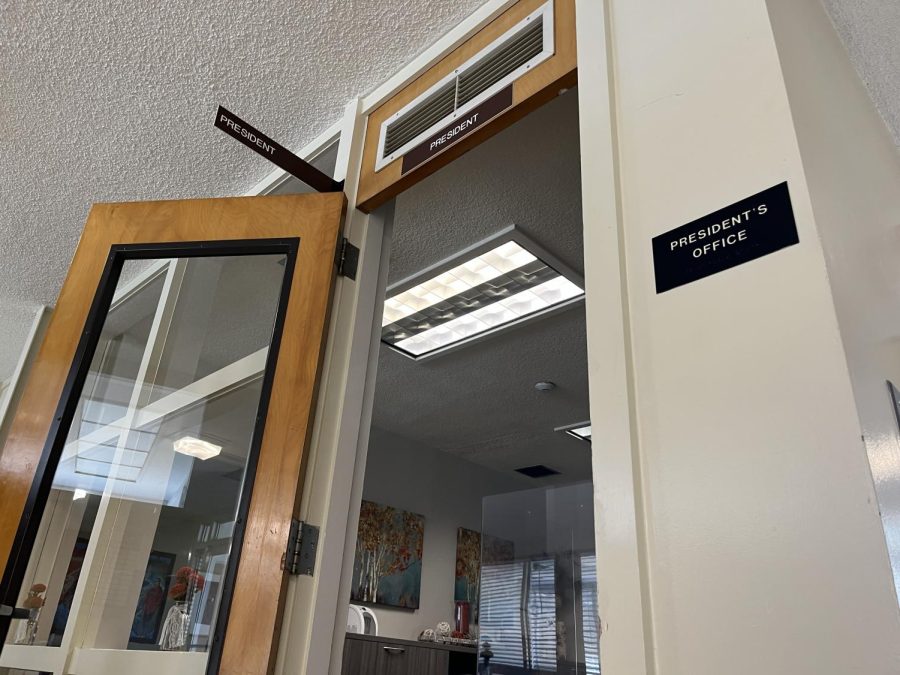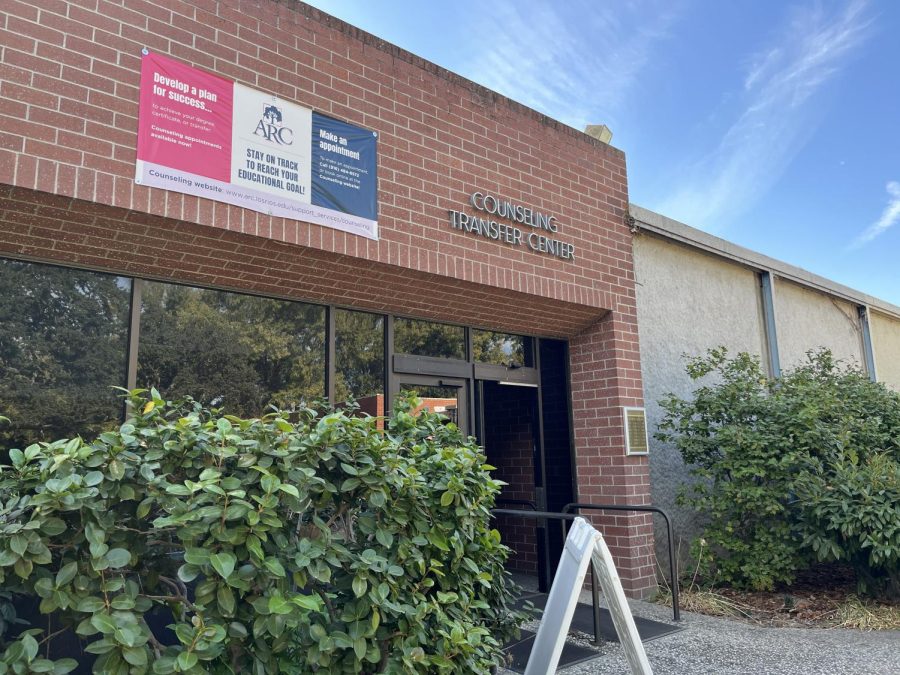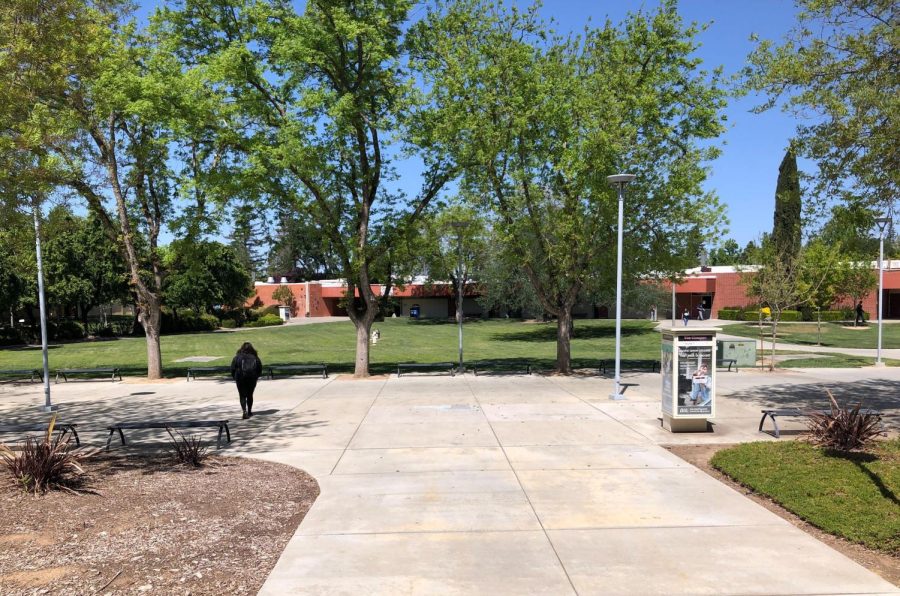As students of the Los Rios Community College District education system, many of us are on tight budgets. Students have to make important decisions on how they spend their funds.
Due to a special election held last October, LRCCD students are now forced to pay the Universal Transit Pass fee in order to enroll in classes. Most students, however, did not know or understand what this election was for.
In an email to the Current, however, Kaitlyn Collignon, American River College’s public information officer, said the district notified students of the election.
“The election was districtwide,” Collignon said. ”Information was sent to all students, and we posted flyers, social and website homepage rotators to share information about the special election.”
Out of the four colleges in the LRCCD, only 2,169 students voted out of the nearly 70,000 students that attend. That means an average of only 3% of the student body made a financial decision for the next five years.
“[The vote count was] 1,756 students voted yes to extend the UTP for another five years, with 413 students voting no,” Collignon said. “This was a significant increase in participation over the last vote five years ago.”
The UTP fee is $3 a unit. If a student takes 12 units, it will cost them $36. The California Promise grant, financial aid or any other type of assistance program does not pay this fee. The student must pay this fee out of their own pocket.
Although this fee allows a student the possibility of riding Regional Transit at a reduced rate, most students have no idea what it is for.
Students are allowed to submit a form for a refund, but students are not informed by the business office while paying the fee that this is a possibility.
Recently two staff members of the Current went into the business office at ARC and were informed that this fee was not refundable.
Most of us don’t have much money to spend. It is a burden that is placed on the students, most of which will never use the bus system. We have vehicles of our own.
This fee places a burden on everyone, but especially students who are low-income. The reality of the LRCCD student body is that there are un-housed students as well as those who must use the food pantry as one of their main sources for food.
Now a student is required to come up with an extra $36 to get an education that they are promised could be free depending on qualifications.
On top of the $36, there is also the parking pass for the average student, which will cost $46 per semester—not to mention the cost of books that are required and expensive.
The student body of the LRCCD is required to pay this fee no matter what their circumstances are.
What would happen if the 70,000 students requested a refund on this pass?
According to the UTP page on ARC’s website, “All eligible students are charged the UTP fee, regardless of whether or not they use the pass.”
At the bottom of the page there is information that a student can request a refund, which requires visiting a different page to find information on what steps need to be taken to receive the refund.
According to Collignon, several steps were taken to notify students about the election. If only 3% voted on the financially based election how many students understood what this election was for?
There are students dealing with real financial hardships. Who does this serve?
It’s unfortunate that 3% of the student body can make a financial decision for 70,000 that did not know or understand what the UTP fee is.
The way the UTP fee is perceived is that all 70,000 must pay for the transit fee in order for Regional Transit to support the financial difficulties of those fighting to improve their community by getting a higher education.
The answer to the UTP fee is that if a student wants or needs to use public transportation to get to school it’s an individual program they can sign up for by being a student in the LRCCD.
Instead, for the next five years students will be required to pay this fee and then not be informed that they can get a refund.
LRCCD and Regional Transit need to do better for their community members making an effort to be an asset to society.



